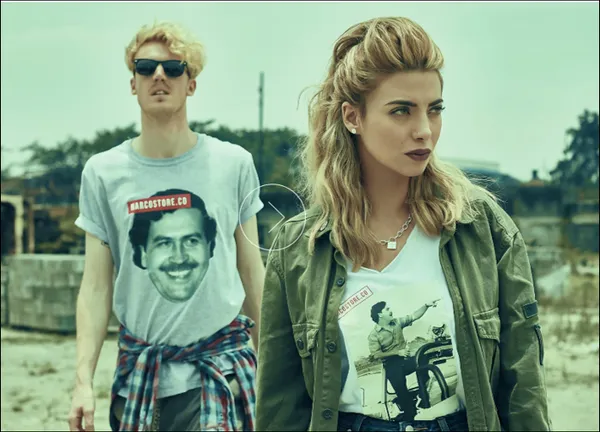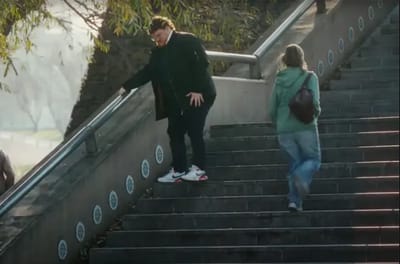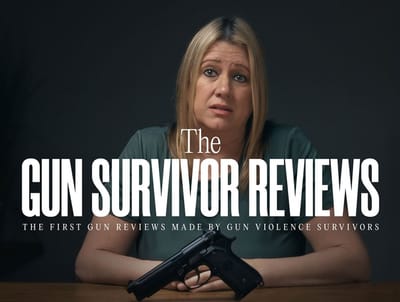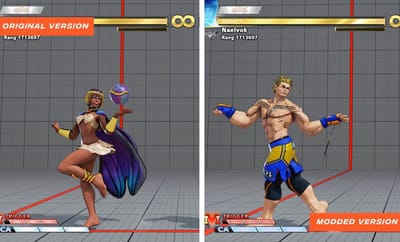Do you think you’re immune to marketing tricks? Have you ever had your perception of a brand or issue flipped 360? Welcome to Trojan Horse Seduction—a masterstroke of behavioural manipulation that Ogilvy has perfected.
The agency isn’t just a leader in creative effectiveness—it’s the leader, topping the WARC Effective 100 rankings again and again. And one of its sharpest tools? A technique that seduces you with the familiar, shocks you with the unexpected, and compels you to react in ways you never saw coming.
In this article, we’ll break down the seduce-shock-react formula behind Ogilvy’s most powerful campaigns. We’ll explore how this approach has been used to sell hotel rooms, shame narco culture, fight deforestation, expose animal cruelty, and even hijack a national soccer anthem to spark a social movement. And by the end, you’ll see why this is one of advertising’s most potent—and repeatable—techniques.
Trojan Horse Seduction: The Three-Step Framework
The magic formula behind this technique? Seduce, Shock, React.
- Seduce: The campaign starts by embracing the status quo—something the audience already believes or desires. This makes them comfortable enough to engage.
- Shock: Just when they’re settling in, the campaign pulls the rug from under them, revealing an unexpected truth that challenges their perceptions.
- React: The audience experiences cognitive dissonance—an “oh sh*t” moment that makes them feel compelled to take action, whether that’s buying a product, changing their beliefs, or spreading the message.
Now, let’s get to the juicy part: how Ogilvy has used this technique to pull off some of the most effective and awarded campaigns of recent years.
Case Study #1: HotelBnB (2019) – A Masterclass in Perception Shifting 🏨
The problem: Traditional hotels were losing millennial travellers to Airbnb’s promise of unique, “authentic” stays. Enter Ogilvy.
- Seduce: They disguised Hotel Honduras Maya as an Airbnb-style rental service called “HotelBnB.” The hotel rooms were listed like independent, quirky Airbnb stays, and the staff played the role of welcoming “hosts.”
- Shock: Guests soon discovered that these weren’t Airbnb rentals at all but traditional hotel rooms—only with far better amenities and service.
- React: Instead of feeling duped, travellers loved the blend of uniqueness and luxury. The campaign reframed hotels as superior to Airbnb, leading to a rise in bookings and a shift in perception.
Case Study #2: Narco Store (2020) & Behind the Leather (2017) – The Power of Shame 😳
Narco Store (2020) – Shaming Narco Culture
The problem: In Colombia, narco culture is often glamorized, thanks to media portrayals that make drug lords seem like rock stars.
- Seduce: Ogilvy set up an online store, Narco Store, selling merchandise featuring infamous figures like Pablo Escobar. It attracted Colombians who bought into the myth of the “Robin Hood” drug lord.
- Shock: When visitors tried to make a purchase, they were hit with real-life stories from the victims of drug violence. Their idolization was shattered in an instant.
- React: The intended shame led many to abandon their purchase and instead donate to organizations helping victims. The campaign effectively turned admiration into advocacy.
Behind the Leather (2017) – Exposing the Cost of Animal Byproducts
The problem: Consumers rarely think about the cruelty behind leather products.
- Seduce: A boutique was set up featuring high-fashion leather products that appeared luxurious and exotic.
- Shock: As customers inspected the items, hidden mechanics revealed bloody, fleshy interiors mimicking real animal organs.
- React: Hidden cameras captured the shocked reactions of visitors. The footage was then taken online to amplify the campaign’s reach and provoke social discussion.
Case Study #3: Last Tree Standing (2018) & Soccer Song for Change (2018) – Provoke Outrage to Drive Action 🌍
Last Tree Standing (2018) – A Shocking Environmental Wake-Up Call
The problem: Deforestation in Poland’s Białowieża Forest wasn’t getting the public attention it needed.
- Seduce: Ogilvy and Greenpeace created a Minecraft map replicating the forest, luring gamers into an immersive experience.
- Shock: One day, all but one tree disappeared from the map, mirroring real-world illegal logging. 🌲
- React: Gamers were outraged. They took to social media, signed petitions, and demanded action—eventually leading to government intervention.
Soccer Song for Change (2018) – Hijacking an Anthem for a Cause
The problem: Gender-based violence was an urgent issue in South Africa, but conversations weren’t happening where they needed to be.
- Seduce: Leveraging the sponsorship of the Soweto Derby, Ogilvy Cape Town and Carling Black Label engaged football fans by playing the beloved Masambe Nono anthem. ⚽
- Shock: Midway through, a female choir changed the lyrics to highlight gender-based abuse, catching fans off guard.
- React: The shift in lyrics forced fans to reflect on the issue, sparking widespread conversation and bringing gender-based violence into the spotlight.
Final Thoughts: Trojan Horse Seduction Is Here to Stay 🚀
While other agencies dabble in Trojan Horse tactics, Ogilvy has turned it into an art form. It’s in their behavioural bones and so baked into their DNA they use it across industries and offices without even realising they're doing so.
And if you’re wondering whether this technique could be applied to your brand’s messaging—the answer is a resounding YES. Whether you want to sell, shame, or spark a movement, the blueprint is right there: Seduce, Shock, React.
Want to think like this?
Prompt Capybara has created both a Trojan Horse Seduction Guide and Trojan Horse Provocation guide that are both part of the Creative Tactics GPT pack.






